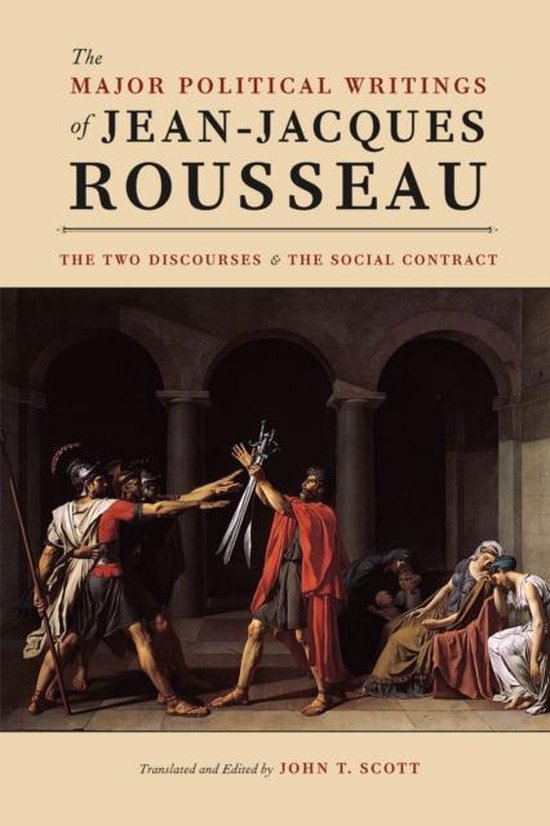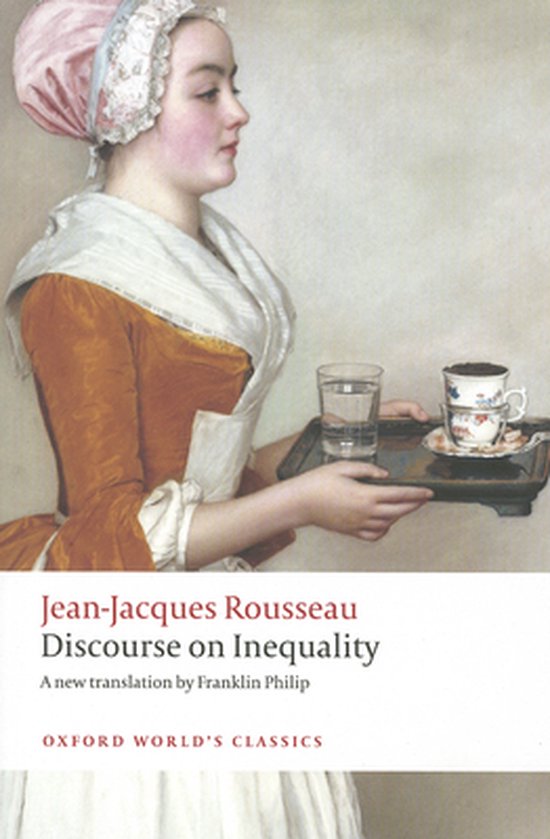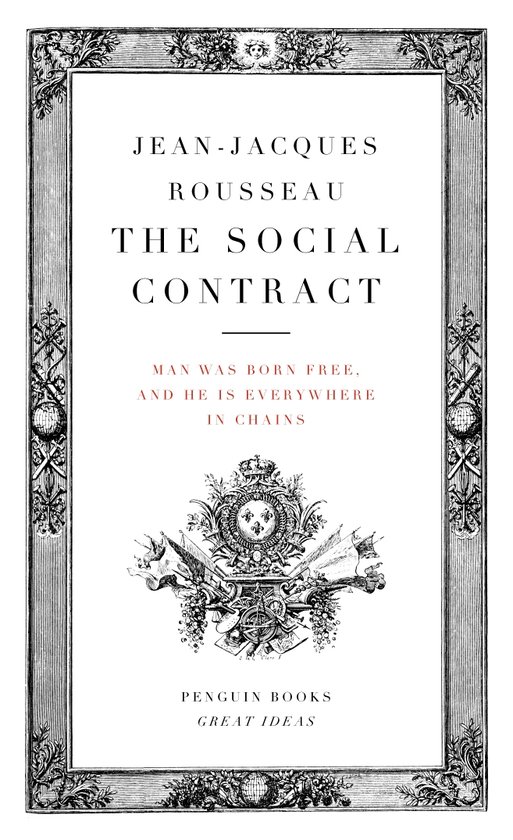
Social Contract
Rejecting the view that anyone has a natural right to wield authority over others, this title argues instead for a pact, or 'social contract', that should exist between the citizens of a state and that should be the source of sovereign power. From this fundamental premise, it considers issues of liberty and law, as well as freedom and justice.
'Man was born free, and he is everywhere in chains'
These are the famous opening words of a treatise that has not ceased to stir debate since its publication in 1762. Rejecting the view that anyone has a natural right to wield authority over others, Rousseau argues instead for a pact, or 'social contract', that should exist between all the citizens of a state and that should be the source of sovereign power. From this fundamental premise, he goes on to consider issues of liberty and law, freedom and justice, arriving at a view of society that has seemed to some a blueprint for totalitarianism, to others a declaration of democratic principles.
Translated and Introduced by Maurice Cranston
| Auteur | | Jean-Jacques Rousseau |
| Taal | | Engels |
| Type | | Paperback |
| Categorie | | Mens & Maatschappij |





